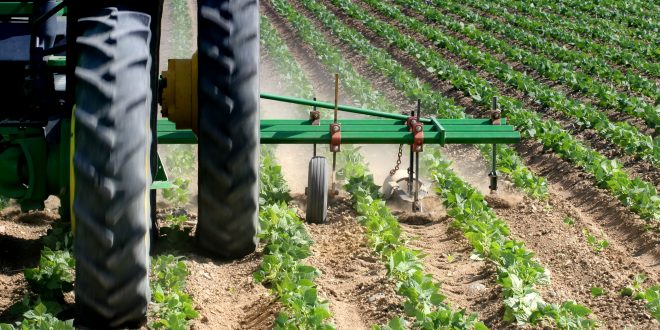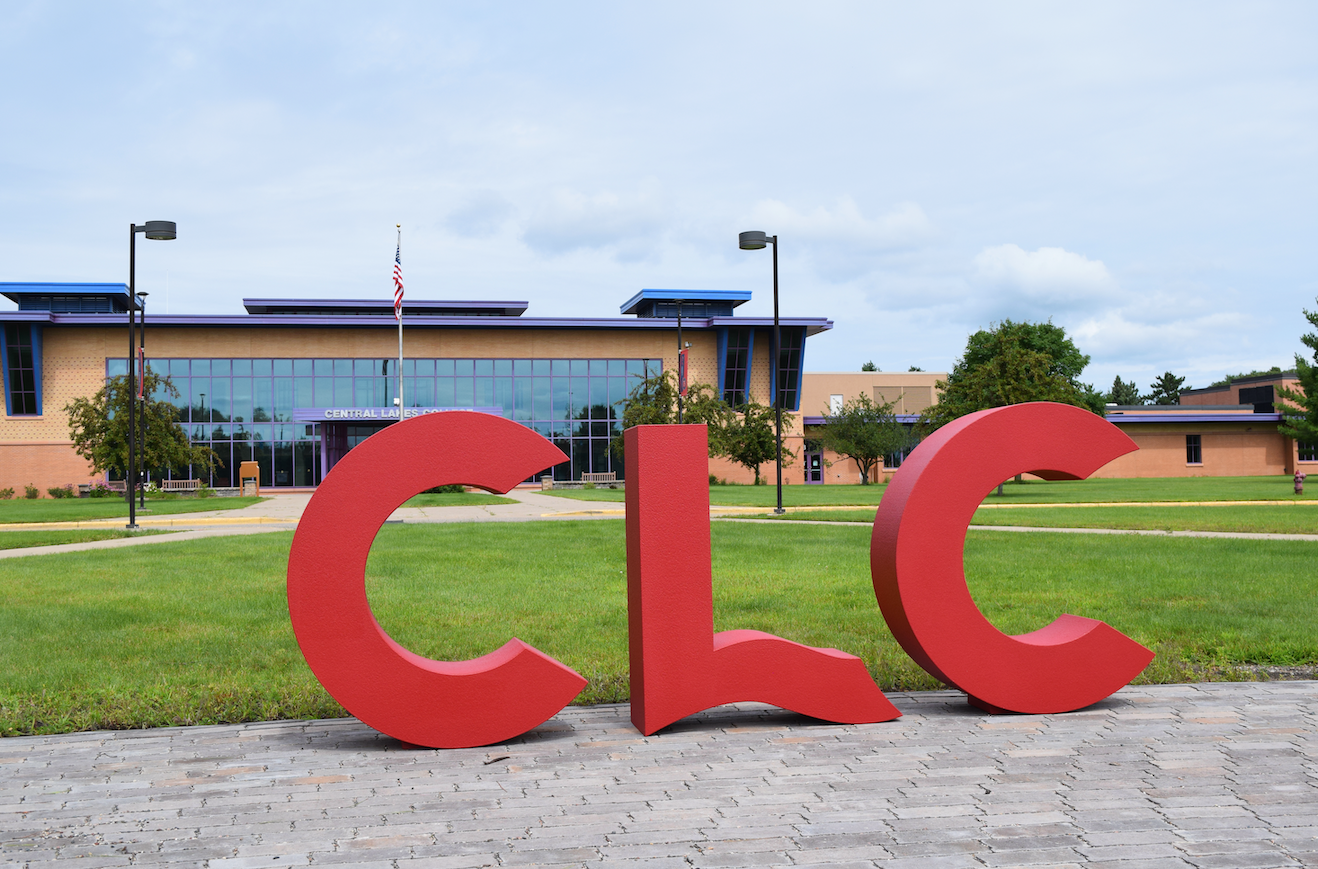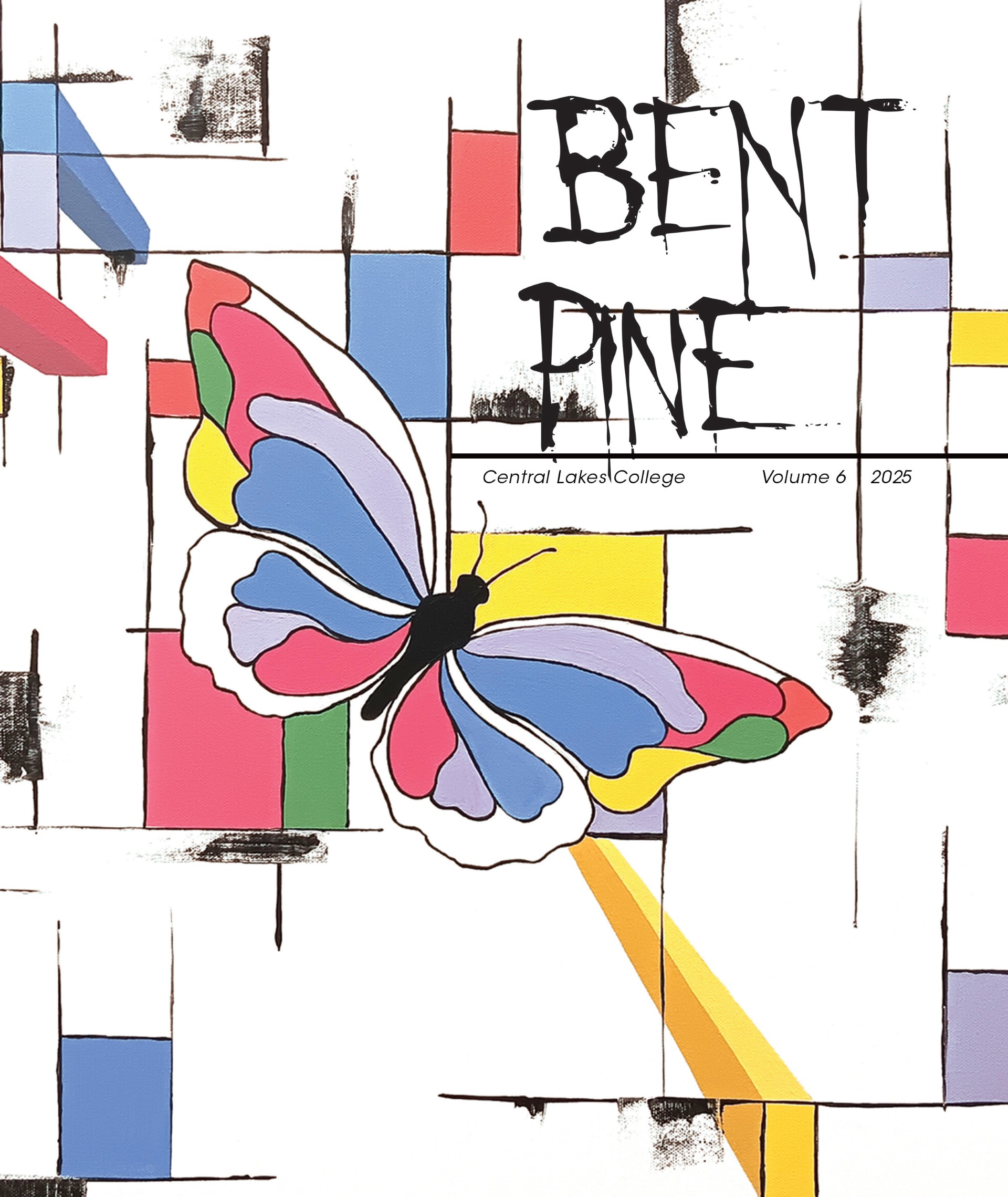Dr. Thaddeus McCamant, specialty crops educator at Central Lakes College, was the lead author for a book for the Minnesota Institute for Sustainable Agriculture (MISA). The book is titled “Perennial Fruit: New, Unusual, and Unique Crops for Northern Climates.” Contributing author was Sadie Schroeder, then affiliated with Green Lands Blue Waters at the University of Minnesota.
The book provides commercial fruit growers and home gardeners in Minnesota with the current state of knowledge on lesser-known fruits such as aronia, currants, gooseberries, saskatoon, chokecherries, honeyberries, elderberries, and more. These are “emerging crops” — fruit that have little or no history of breeding and production research in the United States, but that have potential to become valuable commercial crops.
Most of Minnesota lies within the USDA hardiness zones 3 and 4. Cold winters kill or harm fruit trees and branches, while short growing seasons prevent certain crops from properly maturing. In spite of these shortcomings, a surprising diversity of new and unusual perennial fruit crops can grow here. A major driving force behind the growth in new crops is the recently discovered and rediscovered health benefit of berries and other fruit.
The current base of knowledge for these emerging crops is extremely small compared to crops like apples or strawberries. Most of what we know about emerging crops comes from people who experiment in their own yards or farms. Innovative growers are constantly discovering new varieties or developing new ways of growing emerging crops. The economic potential for these crops will increase as innovative farmers, food entrepreneurs, and researchers discover or re-learn better ways to plant, manage, harvest, process, and market these crops. Investment in an emerging fruit crop could pay good dividends down the road.
McCamant repeatedly invites readers to experiment with species and varieties, to discover what works in their own situation and to engage in selection, breeding and propagation of well-adapted and productive plants. He also provides ample advice about potential pitfalls of the various crops. This book will provide intrepid would-be fruit farmers with the knowledge base to enable their exploration of the potential of emerging fruit crops.
“Perennial Fruit” is fully and freely available online on the MISA website:
https://www.misa.umn.edu/publications/perennialfruit
 CLC News The news and events from Central Lakes College
CLC News The news and events from Central Lakes College



